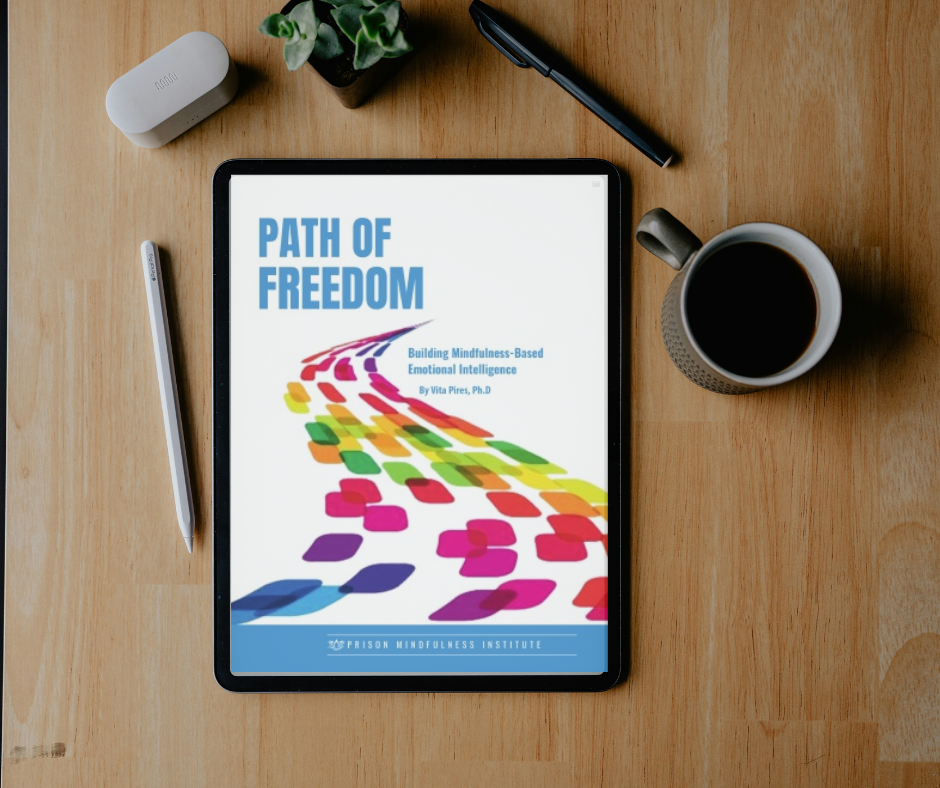The Battle of Mind Vines
- Madrone Phoenix, MSW.

- Sep 14, 2012
- 3 min read
Updated: Apr 21, 2023
I say traumatized because the topic came up quite a bit during our two-hour class last night. One of the suggested exercises taken from the book we are using for this class called us to go into some dark spaces we all hold inside of us – namely, sadness. Many practitioners know that the more we avoid something, the more deeply its roots grow and the stronger its tendrils can become – consciously or not. This book was not written specifically for those living behind our nation's bars; we have just chosen it as a good reference point for our structure and practice for this advanced class – – given that it birthed quite a rich and full discussion around trauma.
One of the guys, who will be getting out soon, spoke about how difficult this exercise was for him:
“I was in seg {segregation unit} when I tried to do this exercise and it was really hard, it put me in a really bad place – I fell into deep depression and didn’t know how to get out once I was in it. All I could think about was being in the Army and killing this guy – I mean I supposed to kill some, but then not the others? It was confusing to me while I was alone…I’ll never be able to get past that horrible karma I created by killing him… it almost seems pointless really. Being in prison is hard enough, let alone seg… I don’t think inmates should be encouraged to work with their sadness or trauma, I know I shouldn’t be…”
Well, wow. Yea – he said a lot, right?
This sparked a great discussion between not only the facilitators suggesting ways we can use our practice to work with trauma, but his comments (and bravery) also opened up a space in which the innate wisdom of the other inmates was able to shine forth. It’s astounding to me just how much wisdom a room of 13 inmates can hold. Every-time.
So began the blooming of the questions and the answers: How do we deal with trauma? In ourselves? Our practice? Our prisons? How do we begin to forgive ourselves for horrible past actions? Can we? Is it possible to befriend ourselves throughout the process? Is karma set in stone? How do past deeds translate into our future? Do we deserve forgiveness? Are we worthy of kindness? Compassion? Love? Do we possess Basic Goodness?
We all probably have some immediate ideas around these questions, and I’d encourage you to explore what they look like. We don’t have to murder to wonder these same things about ourselves…I know I don’t – they are often just there, right below the surface of the deep insecurity surrounding my conditioned mind.
Ultimately, I have more questions than answers too. Still, there is one thing I’d like to share that entered into my mind during our discussion: and that was how our thoughts (and trauma) could be likened to an invasive vine or weed…when vines are so deeply entwined, we have to be careful. Just as Wisteria vine has been known to grow under tile and shake – and can ultimately rip them from their moorings, so too can a trauma history… so too can sadness.
I find this to be a compelling metaphor. Wisteria is lovely; it has a sweet perfumed fragrance and offers a subtle beauty – yet as it grows, it can also wrap around large trees, suffocate and kill them.
Like unchecked sadness or depression, it reproduces quickly and will crowd out other plants (emotions) in your garden (heart-mind), robbing them of sunlight (joy) and nutrients (health).
I often look to our surrounding natural world for answers to some of those probing questions. I suppose the only thing that seems to point me in a logical direction is knowing my limitations, finding my strength, and trusting it is there while working to cultivate a deeper sense of discernment on this path toward liberation.
As our founder and lead trainer Fleet Maull says, “we can only be where we are.” From one gardening glove to another, may we all be where we are and find the support to do so…
Until next time,
Madrone Phoenix
~PMI Staff





Comments